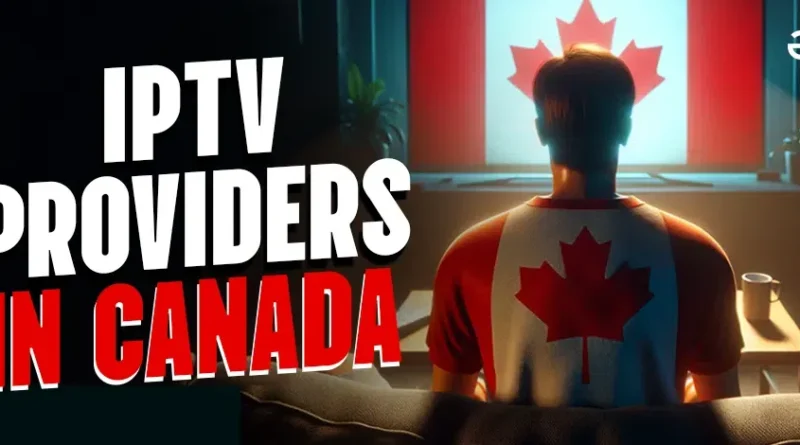Understanding IPTV: The Future of Television
In recent years, the way we consume television has undergone a significant transformation. With the advent of Internet Protocol Television (IPTV), viewers can now access a vast array of content through their internet connection rather than traditional cable or satellite services. This article explores best iptv its advantages, challenges, and its potential future in the media landscape.
What is IPTV?
IPTV stands for Internet Protocol Television, which delivers television content over the internet instead of through traditional terrestrial, satellite, or cable formats. In essence, IPTV allows users to stream media content in real-time via their internet connection, which can include live broadcasts, on-demand shows, and even time-shifted television (where users can watch shows after they’ve aired).
How Does IPTV Work?
IPTV works by converting video content into data packets that are transmitted over the internet. When a viewer selects a program to watch, their device sends a request to the IPTV service provider’s server. The server then delivers the requested content in real-time, allowing users to watch shows or movies seamlessly.
The technology behind IPTV typically involves:
- Content Delivery Network (CDN): A network of servers that distribute content efficiently to users, ensuring smooth playback and minimal buffering.
- Video Compression: IPTV utilizes various compression techniques (like H.264 or H.265) to reduce the size of video files, allowing for quicker downloads and less bandwidth usage.
- Set-Top Box or Application: Users may access IPTV through a set-top box connected to their TV or through applications on smart devices like smartphones, tablets, or smart TVs.
Advantages of IPTV
- Wide Selection of Content: IPTV offers a broad range of channels and on-demand content, giving viewers more choices than traditional TV services. This includes niche channels catering to specific interests and preferences.
- Flexibility and Convenience: Users can watch content on various devices, allowing for more flexibility in viewing. Whether at home or on the go, viewers can enjoy their favorite shows without being tied to a specific device or location.
- Interactive Features: Many IPTV services offer interactive features such as video on demand, catch-up TV, and the ability to pause and rewind live broadcasts. This enhances the user experience and allows viewers to engage with the content in new ways.
- Cost-Effective: IPTV can often be more affordable than traditional cable or satellite subscriptions, especially with the increasing number of streaming options available.
Challenges Facing IPTV
While IPTV presents numerous benefits, it also faces several challenges:
- Internet Dependence: IPTV relies heavily on a stable and fast internet connection. Users with slow or unreliable internet may experience buffering, interruptions, or lower video quality.
- Content Licensing and Availability: Due to licensing restrictions, not all content available through traditional cable is accessible via IPTV. This can limit options for some viewers.
- Quality and Reliability: The quality of IPTV services can vary significantly between providers. Issues like poor video quality, latency, and service outages can frustrate users.
- Legal Concerns: The IPTV market has seen an influx of illegal streaming services, leading to legal challenges for legitimate providers. Users must be cautious and ensure they subscribe to authorized services to avoid potential legal repercussions.
The Future of IPTV
As technology continues to evolve, the future of IPTV looks promising. The increasing penetration of high-speed internet globally and the rise of smart devices will likely drive further adoption. Additionally, advancements in artificial intelligence and machine learning could lead to more personalized content recommendations, enhancing the viewing experience.
Moreover, as traditional cable subscriptions decline, IPTV could become the go-to option for consumers. With the growing interest in cord-cutting—where viewers cancel cable subscriptions in favor of online streaming services—IPTV is positioned to capture a significant share of the market.
Conclusion
IPTV represents a significant shift in how we consume television, offering viewers flexibility, variety, and convenience. Despite its challenges, the potential for growth in this sector is substantial. As technology advances and consumer preferences continue to evolve, IPTV is likely to play a crucial role in shaping the future of media consumption. For anyone seeking a more dynamic and interactive television experience, IPTV is undoubtedly a compelling option worth exploring.

